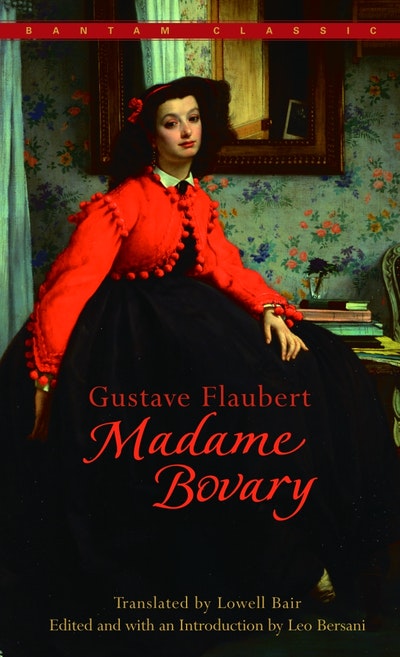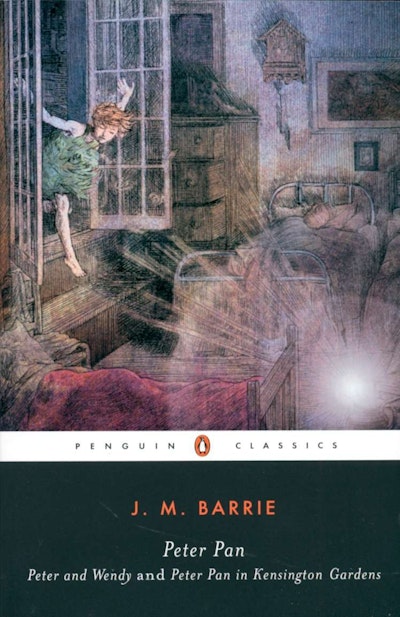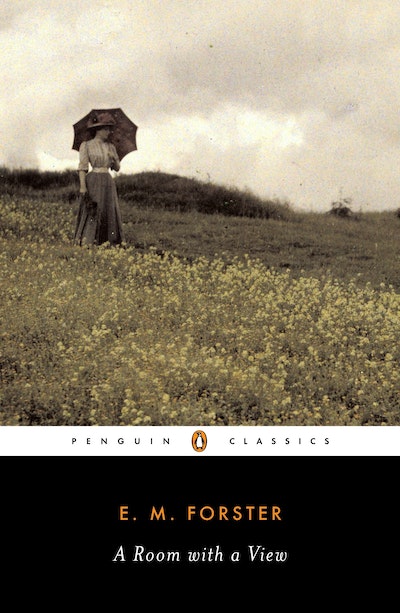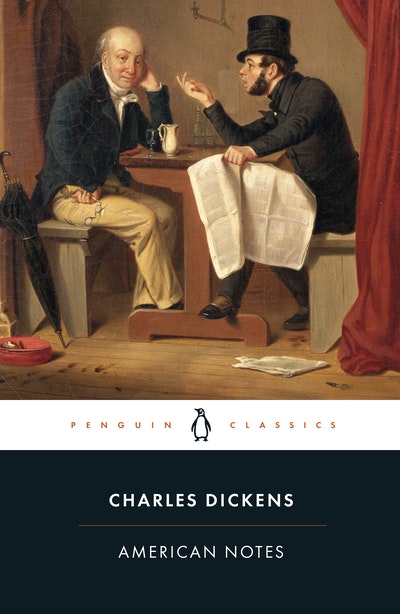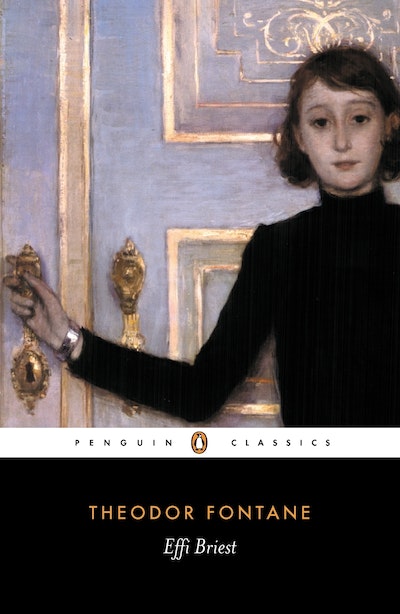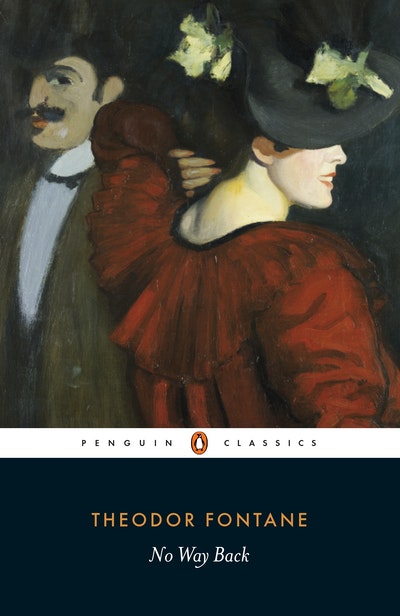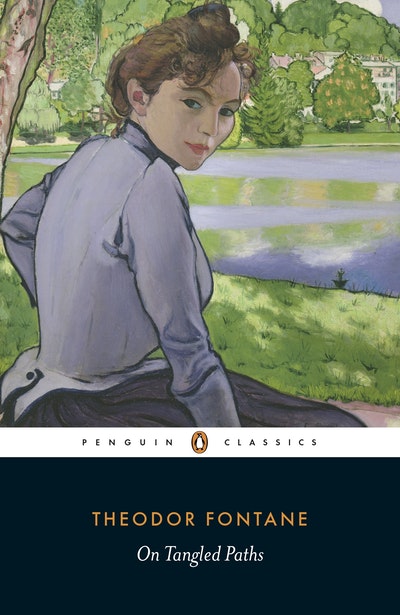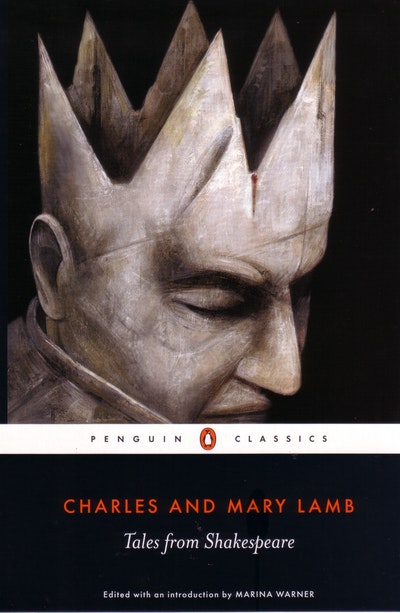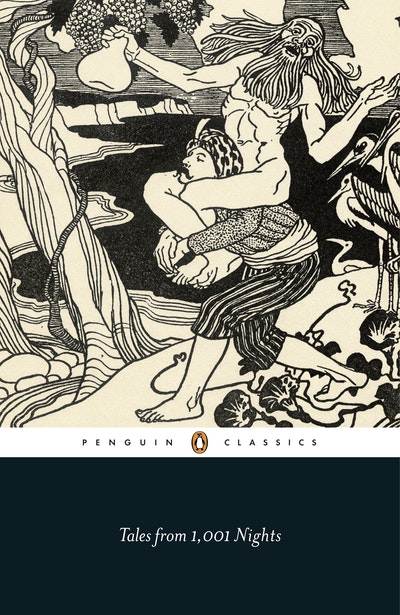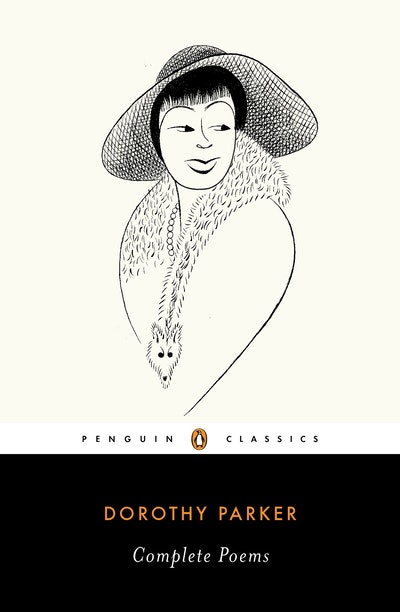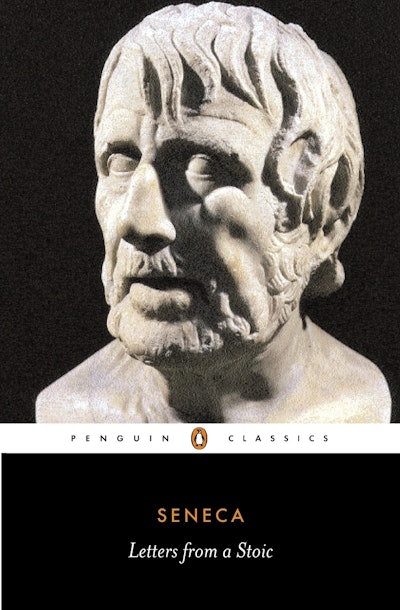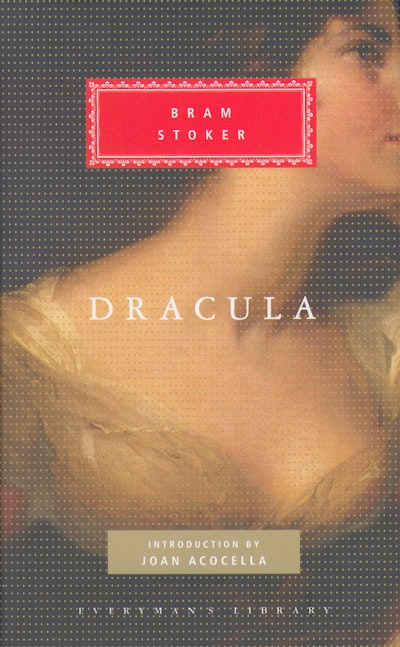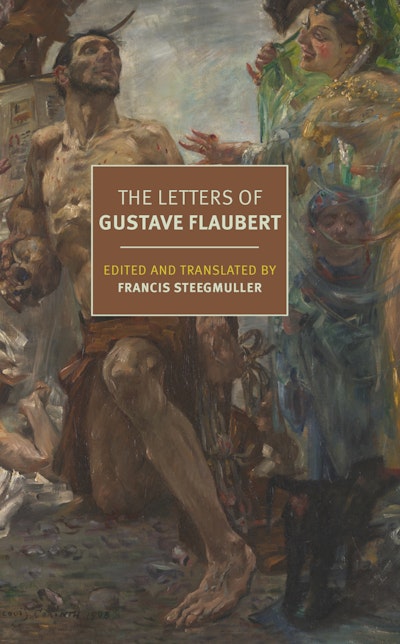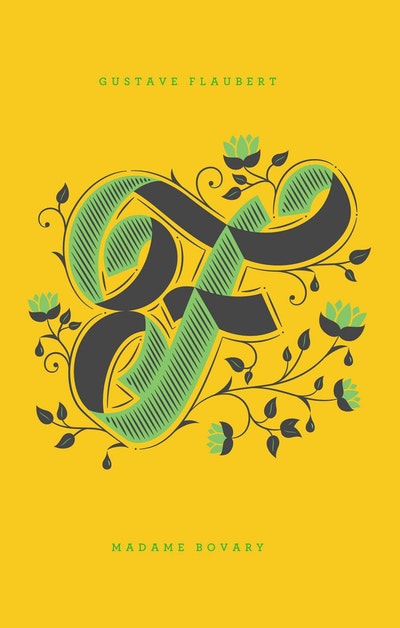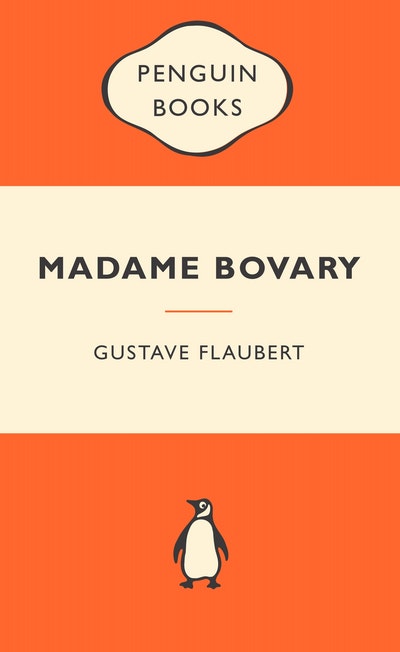- Published: 1 February 1998
- ISBN: 9780553213416
- Imprint: Bantam Dell
- Format: Paperback
- Pages: 512
- RRP: $17.99
Madame Bovary
VINTAGE CLASSICS FRENCH SERIES: stunning flapped paperback editions showcasing the bestselling, most acclaimed French writers of the twentieth century.
This exquisite novel tells the story of one of the most compelling heroines in modern literature--Emma Bovary.
"Madame Bovary has a perfection that not only stamps it, but that makes it stand almost alone; it holds itself with such a supreme unapproachable assurance as both excites and defies judgement." - Henry James
Unhappily married to a devoted, clumsy provincial doctor, Emma revolts against the ordinariness of her life by pursuing voluptuous dreams of ecstasy and love. But her sensuous and sentimental desires lead her only to suffering corruption and downfall. A brilliant psychological portrait, Madame Bovary searingly depicts the human mind in search of transcendence. Who is Madame Bovary? Flaubert's answer to this question was superb: "Madame Bovary, c'est moi." Acclaimed as a masterpiece upon its publication in 1857, the work catapulted Flaubert to the ranks of the world's greatest novelists. This volume, with its fine translation by Lowell Bair, a perceptive introduction by Leo Bersani, and a complete supplement of essays and critical comments, is the indispensable Madame Bovary.
- Published: 1 February 1998
- ISBN: 9780553213416
- Imprint: Bantam Dell
- Format: Paperback
- Pages: 512
- RRP: $17.99
Other books in the series
About the author
Gustave Flaubert was born in Rouen in 1821, the son of a distinguished surgeon and a doctor's daughter. After three unhappy years of studying law in Paris, an epileptic attack ushered him into a life of writing. Madame Bovary won instant acclaim upon book publication in 1857, but Flaubert's frank display of adultery in bourgeois France saw him go on trial for immorality, only narrowly escaping conviction. Both Salammbo (1862) and The Sentimental Education (1869) were poorly received, and Flaubert's genius was not publicly recognized until Three Tales (1877). His reputation among his fellow writers, however, was more constant and those who admired him included Turgenev, George Sand, Victor Hugo and Zola. Flaubert's obsession with his art is legendary: he would work for days on a single page, obsessively attuning sentences, seeking always le mot juste in a quest for both beauty and precise observation. His style moved Edmund Wilson to say,'Flaubert, by a single phrase - a notation of some commonplace object - can convey all the poignance of human desire, the pathos of human defeat; his description of some homely scene will close with a dying fall that reminds one of great verse or music.' Flaubert died suddenly in May 1880, leaving his last work, Bouvard and Pécuchet, unfinished.
